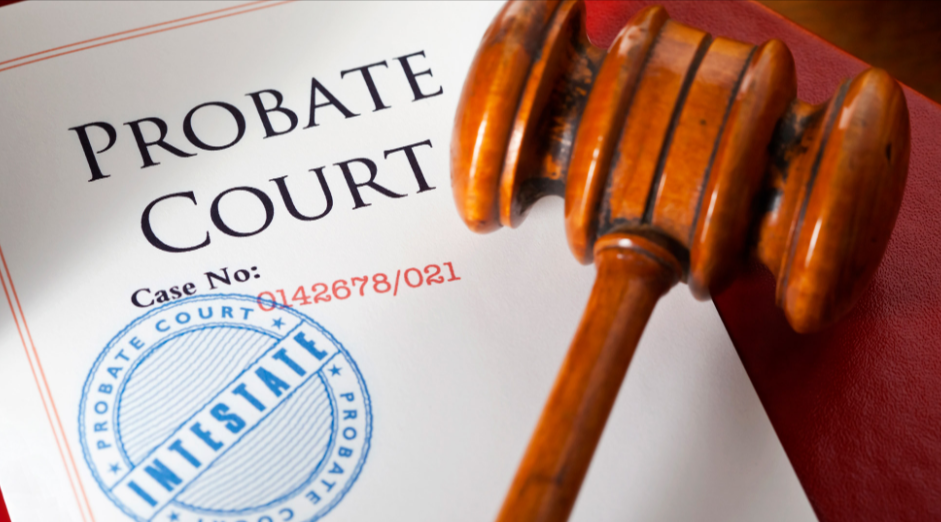Probate is a term often thrown around in legal circles, but what does it really mean? For many, it’s a confusing and intimidating process associated with the distribution of assets after someone passes away. However, understanding the ins and outs of probate can alleviate much of the stress and uncertainty surrounding this aspect of estate planning. In this comprehensive guide, we’ll delve into the intricacies of probate, demystifying its purpose, procedures, and potential pitfalls.
What is Probate?
At its core, probate is the legal process through which a deceased person’s estate is administered and distributed. This includes identifying and appraising assets, paying off debts and taxes, and ultimately distributing the remaining assets to beneficiaries or heirs. Probate courts oversee this process, ensuring that the deceased’s wishes are carried out according to the law.
The Probate Process
Probate proceedings can vary depending on state laws and the complexity of the estate. Typically, the process begins with the filing of a petition with the probate court. The court will then appoint an executor or personal representative to manage the estate. This individual is responsible for inventorying assets, notifying creditors, and distributing assets to beneficiaries.
Challenges of Probate
While probate serves an important function in ensuring the orderly distribution of assets, it is not without its challenges. One of the primary concerns is the potential for lengthy delays and high costs. Probate proceedings can tie up assets for months or even years, draining resources in legal fees and court costs.
Additionally, probate is a public process, meaning that details of the estate become part of the public record. This lack of privacy can be distressing for families who prefer to keep their affairs private.
Avoiding Probate
Given the potential drawbacks of probate, many individuals seek to avoid it altogether through careful estate planning. Strategies such as establishing living trusts, designating beneficiaries on retirement accounts and life insurance policies, and gifting assets during one’s lifetime can help expedite the transfer of assets outside of probate.
Conclusion
Navigating the probate process can be complex and overwhelming, but with the right knowledge and guidance, it is manageable. By understanding the purpose and procedures of probate, individuals can make informed decisions to protect their assets and ensure their wishes are carried out effectively. Whether you’re facing probate or looking to avoid it altogether, consulting with a qualified estate planning attorney is essential. At Northwest Strategy and Planning, we’re dedicated to providing comprehensive estate planning services to help you achieve peace of mind for the future.

